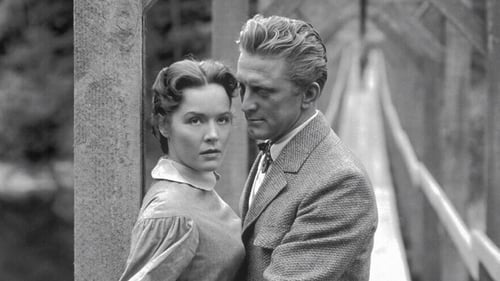
Murdock (uncredited)
In 1900, unscrupulous timber baron Jim Fallon plans to take advantage of a new law and make millions off California redwood. Much of the land he hopes to grab has been homesteaded by a Quaker colony, who try to persuade him to spare the giant sequoias...but these are the very trees he wants most. Expert at manipulating others, Fallon finds that other sharks are at his own heels, and forms an unlikely alliance.
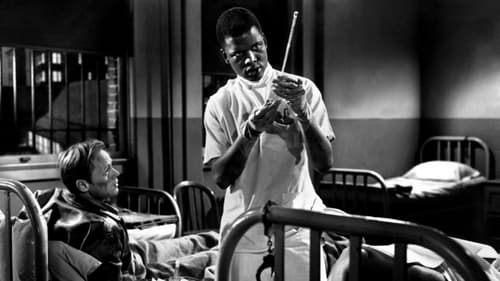
Gas Station Attendent (uncredited)
Robbers Ray Biddle and his brother are shot and taken to the local hospital. There, the two are treated by Dr. Brooks, the hospital's only black doctor. The brothers assault Brooks with racist slurs. And, when his brother ends up dying on the operating table, Ray accuses the doctor of murdering him. Blind with rage, Ray works to turn the white community of the city against Brooks, who finds an unlikely ally in the dead man's widow, Edie.
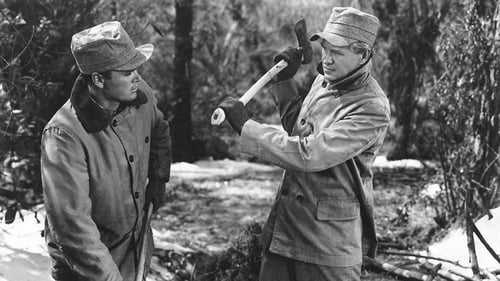
Joseph Blaine (uncredited)
Director Peter Godfrey's 1950 drama, inspired by true events, dramatizes the crime spree of the notorious jewel thief known as "The Hollywood Raffles", whose famous robbery victims included such real-life celebrities as Joan Crawford, Errol Flynn, Alexis Smith and Dennis Morgan. David Brian stars in the title role, and he's supported by John Archer, Marjorie Reynolds, Jacqueline de Wit, Alix Talton, Ned Glass, Perdita Chandler and columnist Sheilah Graham, playing herself.
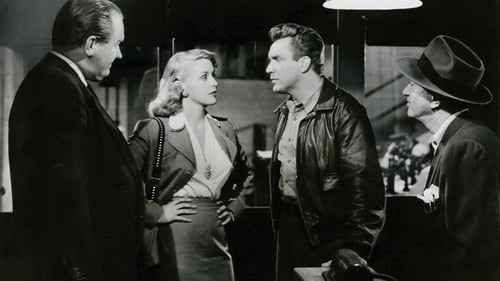
Undetermined Secondary Role (uncredited)
The Horatio Alger parable gets the film noir treatment with the redoubtable Edmund O’Brien as a whip-smart telephone technician who moves up the ladder of a Syndicate gambling empire in Southern California until distracted by an inconveniently married Joanne Dru and his own greed. Ripped from the headlines of the 1950 Kevaufer Organized Crime Hearings, this fast-moving picture is laden with location sequences shot in Los Angeles, the Hoover Dam and Palm Springs including the famous Doll House watering hole on North Palm Canyon Drive!
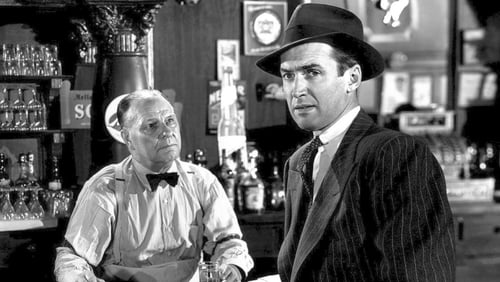
Policeman (uncredited)
In 1932, a cop is killed and Frank Wiecek sentenced to life. Eleven years later, a newspaper ad by Frank's mother leads Chicago reporter P.J. O'Neal to look into the case. For some time, O'Neal continues to believe Frank guilty. But when he starts to change his mind, he meets increased resistance from authorities unwilling to be proved wrong.




